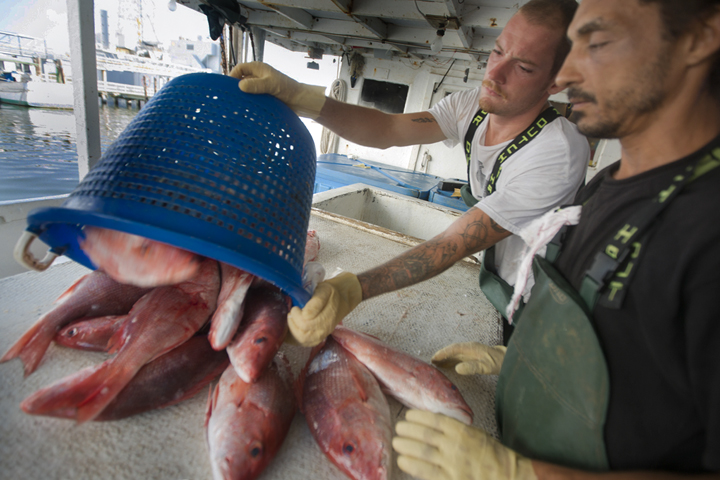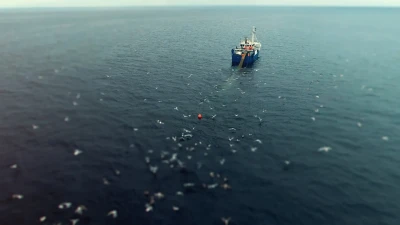Exempted permits will allow rec fishermen to test tracking methods, stop overfishing
In the ongoing battle over who can manage the Gulf of Mexico’s red snapper seasons the best, states will now be given the opportunity to test their private angler reporting systems and ability to capture accurate recreational data outside of the normal prohibitions.
In May, NMFS, with the support of the Gulf council, approved EFPs for each of the five gulf states that allow states to set red snapper seasons, for private anglers only, in both state and federal waters.
The hope is that the opportunity to explore new ideas in and better track the recreational side, which has exceeded its quota in 23 of the past 27 years, will promote accountability and lessen the fleets’ effect on the commercial and charter industries. The concept has received support from the Gulf of Mexico Reef Fish Shareholders’ Alliance.
“These EFPs, if implemented with real-time data collection, could prevent overfishing, while at the same time could allow increased and more flexible access for the private angler sector,” the alliance wrote in a statement. “This would help private anglers without hurting commercial fishermen. The use of NOAA-certified self-reporting tools such as the state of Louisiana’s LA Creel Survey, and mandatory catch reporting, would help improve data collection, reduce uncertainty and ultimately increase sustainable access to the gulf’s public fishery resources.”
NMFS recently announced in its annual Status of the Stocks report that red snapper has been taking off the agency’s overfished list, marking a turning point for the fishery.
“Many in the gulf think the science-based catch limits and accountability measures have significantly contributed to rebounding red snapper populations,” said Steve Tomeny, a Port Fourchon, La., fisherman. “Commercial and charter reef fish fishermen like myself applaud the efforts of NOAA and are proud of the part industry has played in rebuilding the fishery.”







